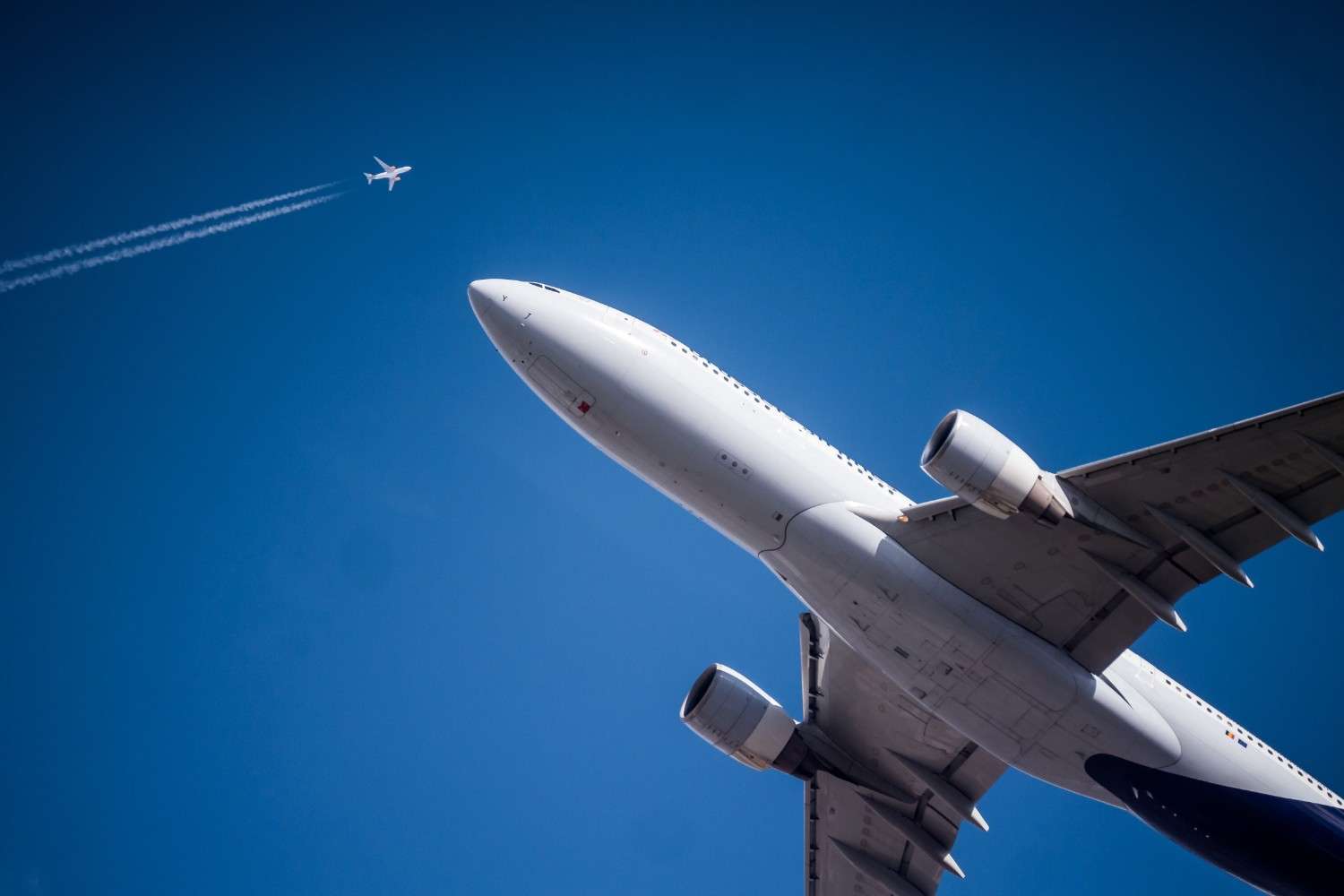The significance of nitrogen in aircraft maintenance
Posted on : 21/Dec/2023 | By Team Gaztron
Nitrogen gas, renowned for its versatility, is widely employed in various industrial applications, including the field of aviation maintenance. Within the aviation industry, nitrogen plays a vital role, serving a multitude of functions that contribute to the safety and performance of aircraft. This article examines the importance of nitrogen in aviation maintenance, highlighting its significance and the benefits it provides.
Utilizing Nitrogen for Aircraft Tire Inflation
Maintaining appropriate tire pressure is paramount for ensuring the safety and optimal performance of aircraft. Nitrogen is commonly utilized in aviation for tire inflation due to its unique properties. Nitrogen exhibits a significantly lower permeability rate compared to air, minimizing the rate at which it escapes from the tire. Consequently, this reduces the frequency of tire pressure checks required. The use of nitrogen in aviation tire inflation offers several advantages, including enhanced fuel economy, extended tire lifespan, and improved handling and stability.
Nitrogen's Role in Fuel Tank Purging
Fuel tank cleaning is a crucial aspect of aircraft servicing. During this process, nitrogen is employed to create a secure environment that minimizes the risk of explosions and the formation of flammable vapors. By displacing oxygen within the fuel tank, nitrogen prevents the creation of explosive mixtures, ensuring enhanced safety and reducing maintenance requirements. The utilization of nitrogen for fuel tank purging significantly reduces the likelihood of explosions and offers improved safety measures.
Nitrogen's Contribution to Hydraulic Systems
Hydraulic systems are integral to the functioning of aircraft. Nitrogen is utilized in these systems to pressurize the fluid and prevent cavitation, which can cause damage. Additionally, nitrogen creates a stable atmosphere that discourages the formation of air bubbles, thereby safeguarding the integrity of the hydraulic system. Incorporating nitrogen into hydraulic systems yields numerous benefits, including enhanced performance, reduced maintenance needs, and mitigated risks of damage.
Ensuring Safety in Oxygen Systems with Nitrogen
Oxygen systems are critical to the well-being of aircraft passengers and crew members. To maintain a dry and stable atmosphere within these systems, nitrogen is employed. By inhibiting the formation of frost and condensation, which can compromise the system's functionality, nitrogen plays a pivotal role in preserving the integrity of oxygen systems. Moreover, nitrogen suppresses the formation of explosive combinations within the oxygen system, thereby minimizing the risks of fire and detonation. The utilization of nitrogen in oxygen systems provides numerous advantages, including improved safety measures, reduced fire and detonation risks, and decreased maintenance requirements.
Conclusion
In conclusion, the incorporation of nitrogen holds significant importance in aviation maintenance, bolstering the safety and performance of aircraft. Its utilization in aviation encompasses tire inflation, fuel tank purging, hydraulic systems, and oxygen systems, ensuring the efficient and secure operation of aircraft. Nitrogen stands as an indispensable component within the aviation industry, with its importance being undeniable. As its application in these areas continues to grow, nitrogen will remain a crucial element in the maintenance of aircraft in the foreseeable future.

